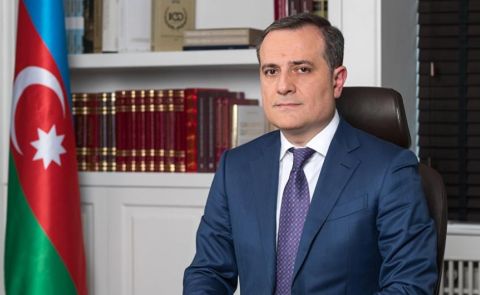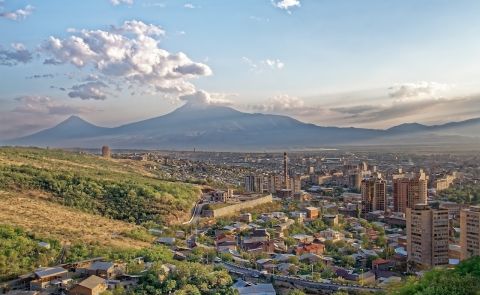
Turkish company refused to build Namakhvani hydroelectric power station

The Turkish company ENKA Renewables LLC announced the termination of a contract with the Georgian government for the construction of a large hydroelectric power station near the village of Namakhvani in the west of the country. The reason for the termination of the contract was the violation of the conditions and force majeure, according to a statement ENKA Insaat, which owns 90% of ENKA Renewables LLC.
On June 12, negotiations were held between opponents of the construction of the Namakhvani HPP on the Rioni River and representatives of the Georgian government. Afterwards, the officials promised to study the risks associated with the HPP. The parties agreed to withdraw the police from the Rioni River gorge and after an agreement with the protesters, authorities started dismantling the metal fence installed in Gumati village connected to the protest of the Namakhvani hydroelectric power station construction. On June 21, the CEC of Georgia refused to hold a referendum on the construction of a hydroelectric power station.
In 2017, Enka won a tender for the development, construction and operation of the Namakhvani cascade HPP project. Enka was responsible for 90% of the project and Norwegian Clean Energy Group held the remaining 10%. The project, to be built on the Rioni River in Georgia, consists of the 333 MW Namakhvani HPP and the 100 MW Tvishi. However, environmentalists in Georgia began to hold rallies demanding the cancellation of the project; demonstrations were held in the capital of Georgia and in Kutaisi with the participation of thousands of people.
Enka's problems in Georgia were not limited to this issue. Prime Minister of Georgia Irakli Garibashvili met with a group of protesters against the project and said that under the current conditions, the implementation of the project is impossible. As a result, Enka faced serious problems in two important projects worth about $500 million.
Chairman of the ruling Georgian Dream party Irakli Kobakhidze said this is a “bad signal for further investment.” “Of course, in any case, this is the company’s decision. Ensuring energy independence for us is one of the most important priorities not only in terms of economics but also in terms of politics and security,” he added.
See Also


Nordic-Baltic Delegation Meets Armenian Leaders to Discuss Regional Cooperation and Peace

Azerbaijan Strengthens Energy Partnerships with Multiple Countries

BP Strengthens Presence in Azerbaijan’s Offshore Energy Sector

Netanyahu’s Letter to Aliyev: Mutual Trust, Solidarity Following Hamas Attacks, Facilitating Dialogue Between Israel and Türkiye

